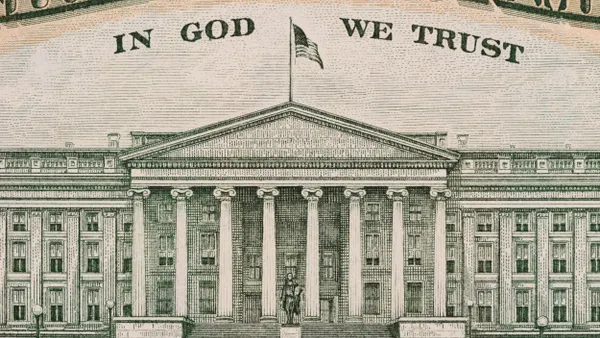While Berkshire Hathaway owns more than 80 businesses, including a major railroad and a reinsurance company, Warren Buffet doesn’t think his firm should be considered “systemically important.”
When asked at the company’s annual shareholder meeting Saturday whether it would face additional scrutiny under the Federal Reserve’s “too big to fail” rules, Buffett reportedly said that Berkshire doesn’t come “within miles of qualifying as a SIFI,” according to a Reuters article.
“There is no reason, in logic or in terms of what we’ve heard, to think that Berkshire would be designated as a SIFI,” he reportedly said.
Reuters said that catastrophes such as the September 11 attacks on the World Trade Center and Pentagon as well as Hurricane Katrina in 2005 cost Berkshire billions of dollars. Still, Buffett reportedly has pledged to maintain a $20 billion cash cushion at Berkshire — it has $63.7 billion now — to protect against such problems.
“Moreover, Berkshire gained a reputation during the global financial crisis as a source of liquidity, investing in companies as diverse as Goldman Sachs, General Electric, and motorcycle maker Harley-Davidson,” Reuters wrote.
Still, because of its large reinsurance business, Berkshire does meet some of the criteria established by the Financial Stability Oversight Council for determining SIFIs. For example, the amount of derivative liabilies and gross notional credit-default swaps on its balance sheet were above FSOC thresholds as of January.
On the other hand, Berkshire may not meet the threshold that says a SIFI have at least 85% of its consolidated assets in or annual gross revenues coming from financial activities.
American International Group and Prudential Financial have already been declared nonbank SIFIs. MetLife is challenging its designation as a SIFI in court.
SIFIs will be subject to greater regulation and higher capital levels.
Last December, the Federal Reserve Board proposed that global systemically important banks, for example, hold additional tier 1 capital as a percentage of risk weighted assets.












